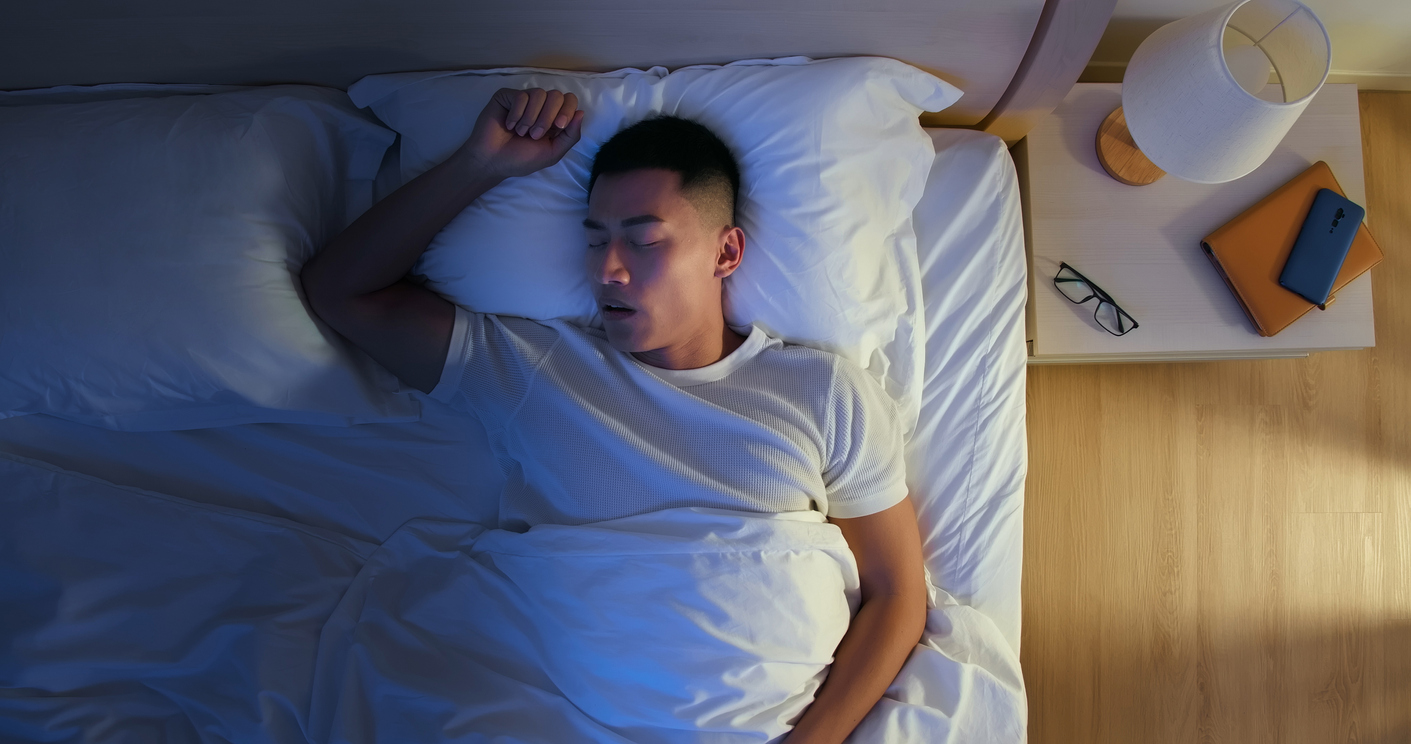Sleeping Your Way Into Complete Recovery
We’re all familiar with the term self-care, but did you know getting enough sleep is a huge component of self-care? Taking care of yourself, whether you’re recovering from an addiction or not, is vital to both your mental and physical wellbeing. Getting the right number of hours of sleep can help maintain a healthy body and mind.
Why is sleep important?
According to the National Sleep Foundation, adults need an average of seven to nine hours of sleep per night. Before you laugh and shake your head like it’s never going to happen, this is why:
- The body conserves energy, allowing you to feel more wakeful during the day
- Your cells can repair and grow, like repairing muscle, creating new tissue and synthesizing protein
- Your brain stores away important information and gets rid of unnecessary thoughts and memories that would otherwise impede the nervous system
- Brain activity increases in the areas which affect emotion, thereby stabilizing mental health
Sleep doesn’t just offer benefits to the body; a lack of sleep can actually do serious harm, including:
- Risk of illness
- High blood sugar
- Difficulty controlling emotions
- Depression
- Anxiety
- Mood swings
- Lack of concentration
Both mental and physical health suffers when sleep is lacking in any way. Not only does this make day-to-day living difficult purely on the level of not having enough energy, but as the sleep deprivation begins to add up, it can have a detrimental effect on a sober lifestyle.
Why is sleep important for sobriety?
No matter if it’s past alcohol or drug addiction, sleep is necessary for helping maintain sobriety. In fact, it’s been hypothesized that those with a lack of sleep in recovery are more likely to experience a relapse than those who sleep enough.
Obviously, getting enough sleep gives you the energy to handle the tasks of the day. When choosing a sober lifestyle, or even if you’re still in the early recovery stages, it can feel like it takes so much energy and mental stamina to continue choosing recovery and actively participating in this new lifestyle. Now add sleep deprivation to the mix, and everything becomes very overwhelming very quickly. However, with enough sleep, you’ll find yourself with more determination and more energy to put into living soberly.
Additionally, recovery is a healing process, and sleep is, too. Healing and regeneration and important removal of toxins happen in the brain and body while you sleep. When in recovery, you want to give your body as much time to heal as possible, and one of the best (and easiest) ways of doing this is simply sleeping for long periods of time. Prioritizing recovery and sober living is prioritizing sleep.
How can I make sure I’m getting enough sleep?
Getting enough sleep might feel “easier said than done,” but there are simple sleep hygiene tips you can adhere to that guarantee to help.
- Turn off all screens half an hour before bed – The blue light is one sure way to keep your brain awake and firing, so putting away your phone and shutting your computer not only saves your eyes but helps your brain begin the process of falling asleep. Instead of scrolling, try reading and see how much faster you drift off.
- Get into a pre-bedtime routine – Maybe you have a skincare routine you like to do? Perhaps you shower before climbing into bed. Maybe you would prefer to make a cup of tea and journal, meditate or read for half an hour on the couch. Whatever works for you, come up with a relaxing routine and stick to it every day. The routine will send the signal to your brain that it’s time to start shutting down.
- Stick to a bedtime – Having a set bedtime helps you to make sure you’re getting the right number of hours of sleep because you’ve already done the math and calculated at what time you need to be up, etc. Going to bed within a half-hour of the same time every night will help you avoid getting distracted and staying up late, plus it adds important structure to any routine.
- Don’t drink caffeine – Ideally, you’ll want to stop drinking caffeine early in the afternoon so the chemical doesn’t play with your brain and eat into important time meant for sleeping.
- Take care of creature comforts – Things like having the perfect pillow, a comfortable bed, a quiet room (maybe with a fan or other white noise source?), blackout curtains or an essential oil diffuser with some nighttime scent are all good ways to give your body what it needs to fall asleep. Find what works for you, what offers you the most rest, and invest! Your sleep is worth it.
Support throughout your sober living journey
Completing recovery and entering into sober living is a momentous step. There are many lifestyle changes, however, that are a part of this lifestyle, including self-care and remaining clued-in to the needs of your body, like getting enough sleep. With small adjustments, it’s easier than ever to sleep well and long, and let your body take all the healing time it needs.
For more information on sober living and recovery, contact Freedom Detox today at 800-475-2312.










